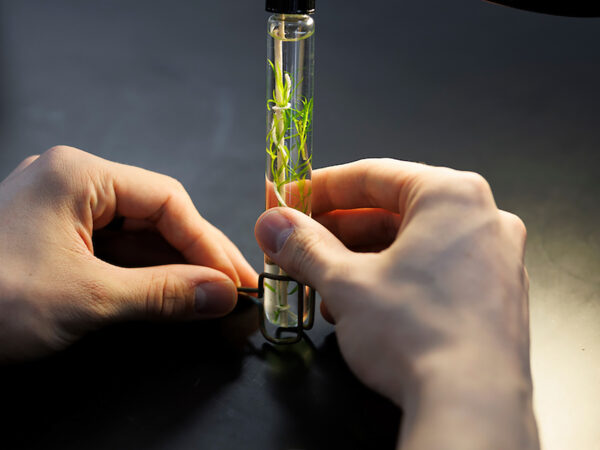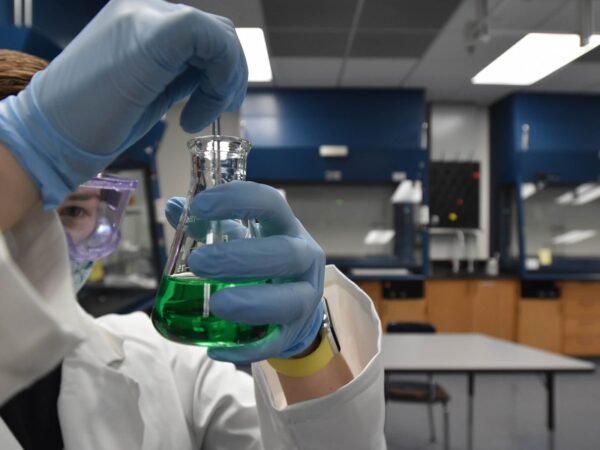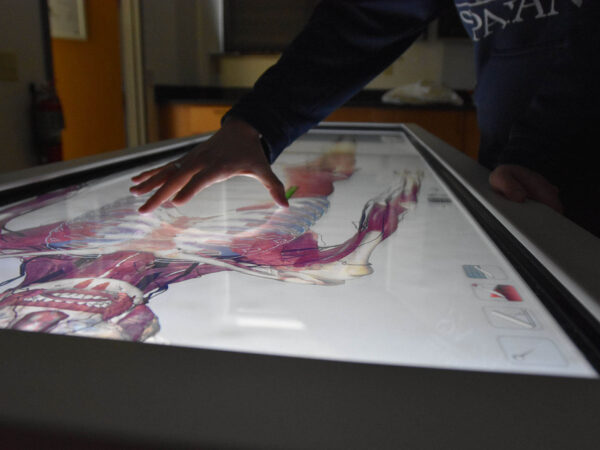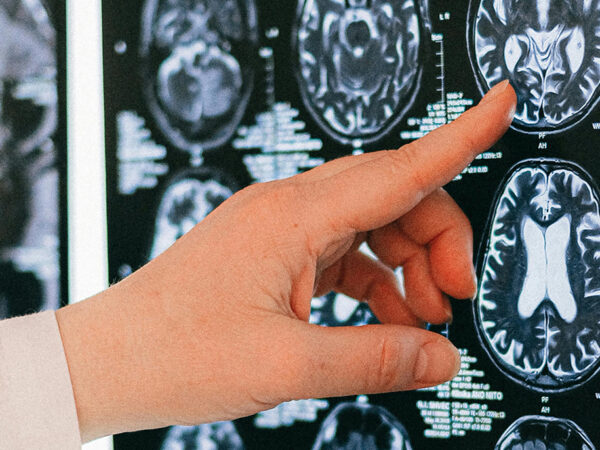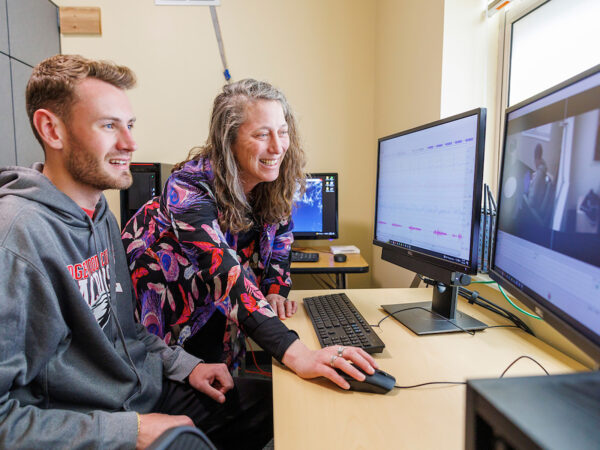Pre-Health Pathways
Start Your Career in Health Care Here
Edgewood University is proud to offer students a variety of pathways to health-related careers through both the School of Arts and Science and the Henry Predolin School of Nursing, Business, Education, and Health Sciences. Aligned with our mission to educate students for meaningful personal and professional lives, these pathways guide students in selecting a degree program that provides the necessary prerequisites and hands-on experiences to prepare for a professional career in health care. The pre-health pathway is not a bachelor’s degree or academic major, but rather, it parallels the major while infusing career-focused programing that helps students gain the skills and experiences needed for advanced study or direct entry into health professions.
Navigating Your Pathway
Choosing a pre-health pathway at Edgewood University involves several key steps to ensure students are well-prepared for a career in health care.
Step 1: Meet Your Advisor
All students interested in health-related careers will meet with a dedicated pre-health advisor. The advisor will help you explore your interests, guide you through the various pre-health pathways, and suggest the degree programs and courses that best align with your career goals.
Step 2: Choose Your Major(s)
Students can choose any major, but the prerequisite coursework must be included. Most students choose a Bachelor of Science in Biology, Chemistry, Neuroscience, or Health Science because these programs often align with required prerequisites for various health professions. This decision is typically made early, usually within the first year, as it guides the trajectory of the academic path. However, changing majors later is still possible.
Step 3: Plan Your Prerequisite Coursework
As students pursue their degree, they will simultaneously complete the required pre-health coursework necessary for their future health care profession. Depending on the desired pathway, these may include courses in biology, chemistry, mathematics, neuroscience, physics, and psychology.
Step 4: Gain Hands-On Experience
Edgewood University emphasizes experiential learning. Students will participate in internships, research, clinical experiences, and volunteer opportunities to gain real-world experience in health care settings, helping them build competitive resumes for graduate programs or professional careers.
Step 5: Prepare for Graduate Study
For students pursuing advanced degrees (such as medical, dental, or pharmacy school), your pre-health pathways advisor will assist with application processes, preparation for entrance exams like the MCAT or GRE, and letters of recommendation. Alternatively, for those entering the workforce immediately, Edgewood provides career services and professional development resources.
Pre-Health Pathways
- Pre-Chiropractic
- Pre-Dental
- Pre-Medicine
- Pre-Medical Sonography
- Pre-Occupational Therapy
- Pre-Optometry
- Pre-Pharmacy
- Pre-Physician Assistant
- Pre-Physical Therapy
- Pre-Public Health
- Pre-Radiologist Technologist
- Pre-Veterinary Medicine
The Edgewood University Difference
Choosing a pre-health pathway at Edgewood University means you won’t be navigating this journey alone. Each student is paired with a dedicated Faculty Advisor who offers personalized 1:1 support every step of the way within your major. From helping you select the right courses to sharing insider tips on how to succeed in your field, the Faculty Advisor will partner with you in achieving your goals. And the support doesn’t stop at graduation – whether you need a letter of recommendation or career guidance, Career Services will continue to be there as you take the next steps in your healthcare career.
Pre-Health Pathway Student Spotlight
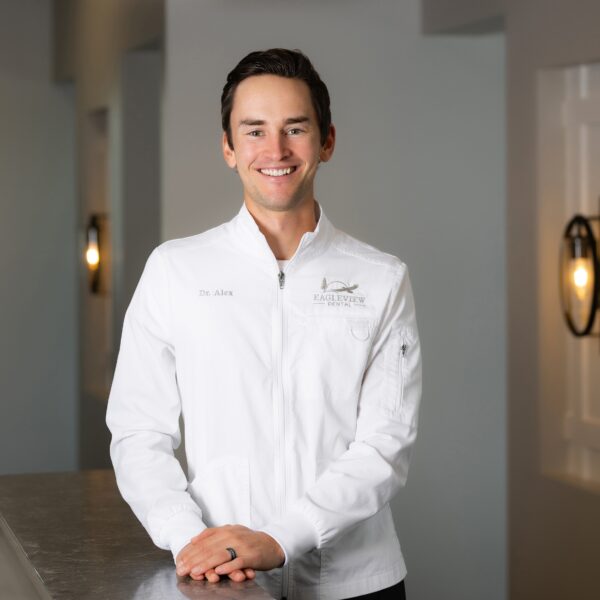
“The academic environment at Edgewood University is excellent. Undergraduate programs are centered around students succeeding in their coursework and desired career path. Professor accessibility is second to none and it is readily apparent that professors want their students to flourish in their studies. The Bachelor of Science in Chemistry program at Edgewood University was instrumental in my acceptance to my doctoral program of choice and has created connections that I will cherish for a lifetime. I am beyond grateful for my time at Edgewood University and would highly recommend their programs to prospective students.”
Pathway: Pre-Dental
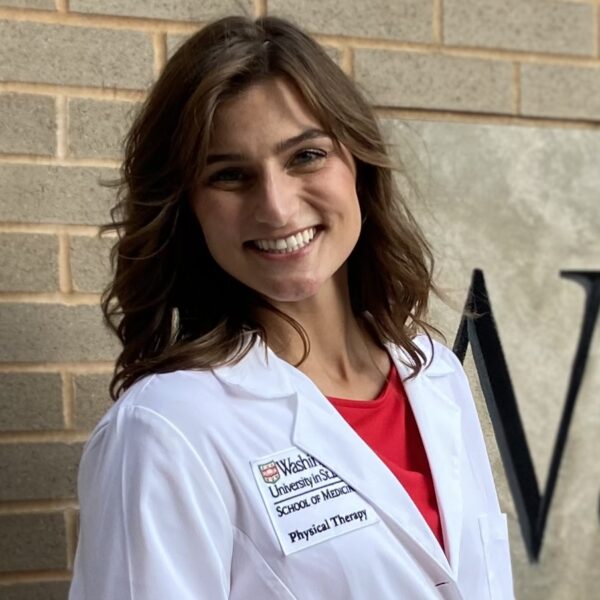
“I chose to study Neuroscience at Edgewood University because I am passionate about helping people with traumatic brain injuries. I am now receiving my doctorate in Physical Therapy at Washington University in St. Louis and plan to pursue a Neurological Rehabilitation residency for physical therapy. My Neuroscience degree and senior research project prepared me immensely for my doctorate program. I cannot praise the Neuroscience program and professors enough, as I owe so much of my success to the incredible educators – Dr. del Moral and Dr. Spector.”
Pathway: Pre-Physical Therapy

“I am currently a first year Doctor of Osteopathic Medicine student at Des Moines University, and the academic and professional foundation I built through Edgewood University has been a great asset during this journey. The rigorous coursework through Edgewood University’s Neuroscience program emphasized scientific research and critical thinking skills that are essential for success in medical school. Additionally, hands-on lab and research experiences allowed me to develop problem-solving abilities and interpersonal skills necessary for medical school and clinical practice.”
Pathway: Pre-Medicine
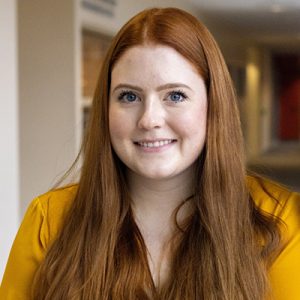
“My time at Edgewood University was foundational for not only continuing my education but also my career. Faculty helped me explore my interests while also guiding me to academic success. The faculty are extremely passionate, approachable and dedicated to students’ education.”
Pathway: Pre-Medicine
Health Services Research Specialist in Wisconsin Surgical Outcomes Research Program’s (WiSOR) Department of Surgery
Student Organization
Achievement in Medicine (AIM) brings together students who are thinking of pursuing a degree in the medical/health field post-graduation. Guest speakers include doctors, physical therapists, physician assistants, dentists, pharmacists, and other individuals with other medical specialties have presented to members of AIM. Resources for MCAT/GRE as well as volunteer and shadow experiences are available through this organization.
Faculty Spotlight
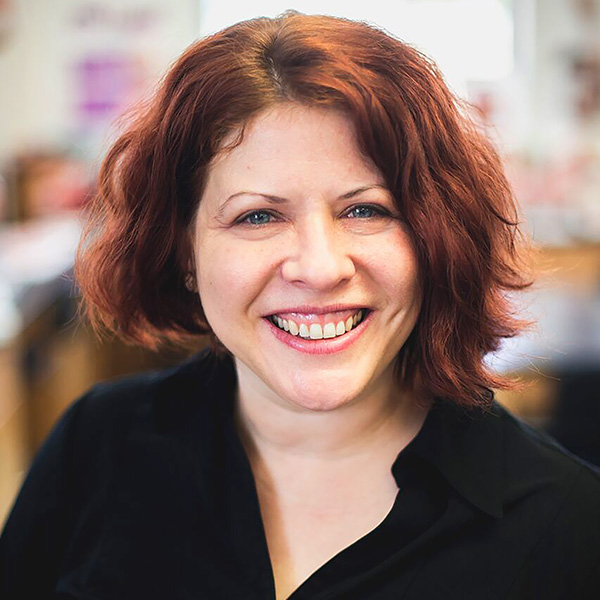
BdelMoral@edgewood.edu
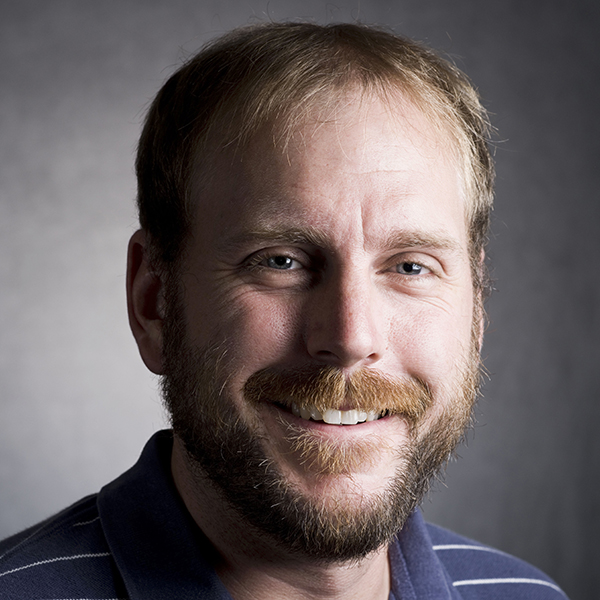
PKuhn@edgewood.edu
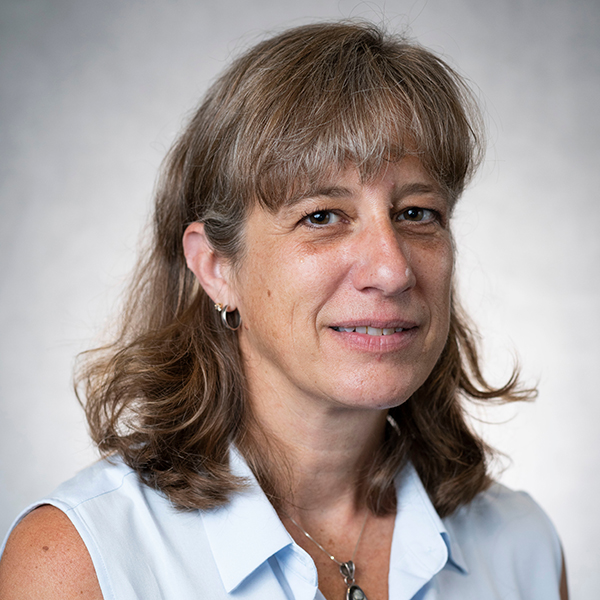
NKime@edgewood.edu
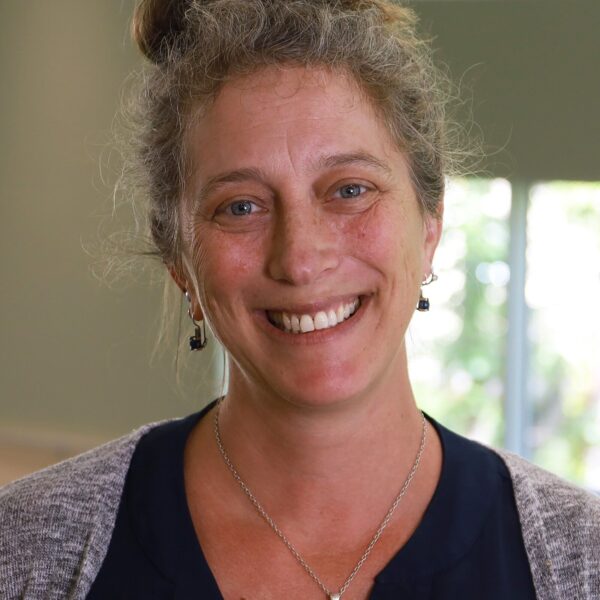
FSpector@edgewood.edu
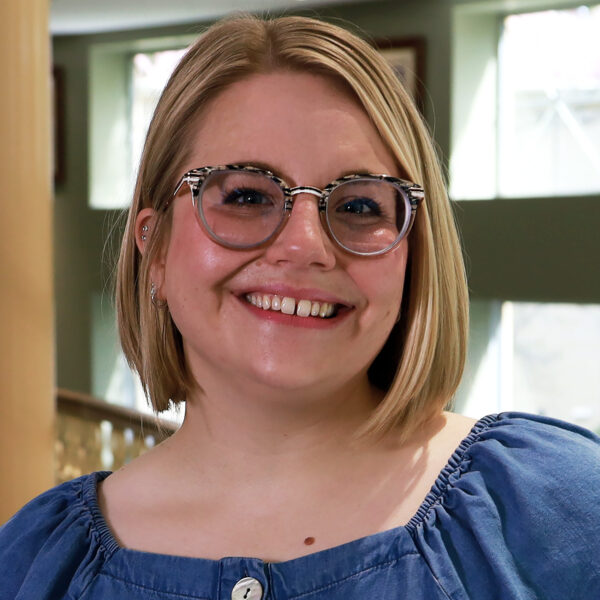
SuzKarcher@edgewood.edu
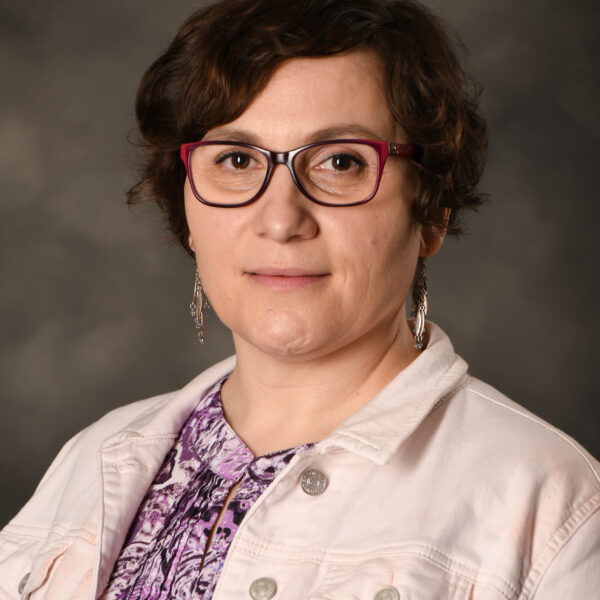
YSemeniuk@edgewood.edu
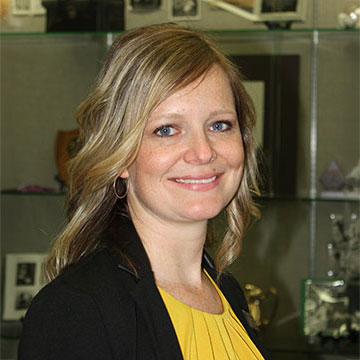
ayerges@edgewood.edu
Hands-On Research and Networking Experiences
This educational tool provides pre-nursing students with a unique and immersive way to study anatomy while enhancing their understanding of the human body. Students interact with a digital cadaver to learn all levels of anatomy from the whole body to microanatomy and includes 3D investigations of normal and pathological case studies. With this unprecedented level of detail, the advanced technology of the Anatomage table allows students to visualize every aspect of the human body and makes it an innovative tool used to teach anatomy and pathology. The interactive and dynamic nature of the tool makes learning anatomy more hands-on, creating an engaging learning experience. An investment in the students’ educational experience, the 3D Anatomage Table serves to bridge theoretical knowledge with practical application, ultimately improving the overall educational outcomes and clinical preparedness of all students studying health sciences.
Edgewood biology graduates have excellent success obtaining jobs at local companies such as Exact Sciences, Promega, WI Department of Natural Resources, University of Wisconsin, UW Health, Medical College of Wisconsin, and Covance. Biology graduates who meet the requirements for entry into graduate and professional medical schools have successfully entered their preferred programs with a competitive success rate. This can be attributed to faculty’s expert advising, close student-to-faculty relationships, faculty-mentored independent research projects, and local networking through the student organization AIM and internships.
The Biological Sciences Division at Edgewood University offers multiple research labs that are dedicated to undergraduate research. Most of the state-of-the-art labs and classroom space is in the Sonderegger Science Center, providing space that facilitates experiential learning. Additional classrooms, labs, and research space, including a greenhouse, are in Mazzuchelli Center, on the shore of Lake Wingra. You’ll have access to unique opportunities to step out of the classroom and get involved in research and projects that can impact the lake, its watershed, and the surrounding Madison neighborhoods.
The Biological Sciences Department engages students in research projects using molecular techniques such as qPCR, hormonal control of mating in anoles, invasive plant ecology, toxin and drug effects on learning and behavior in zebrafish, and more. A specific example of a student project was their investigation of the effects of a high-fat diet on exercise performance using a state-of-the-art swim tunnel in the zebrafish research facility.
